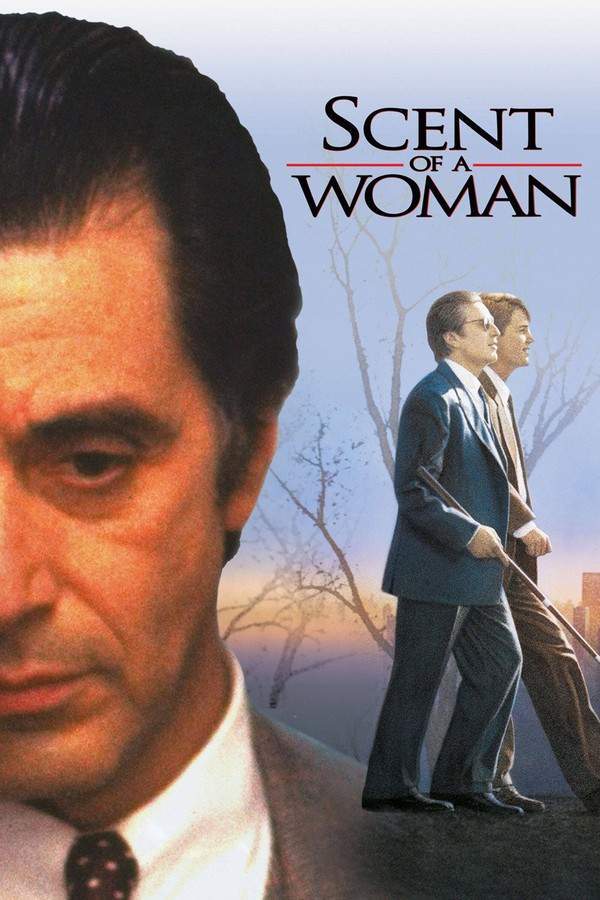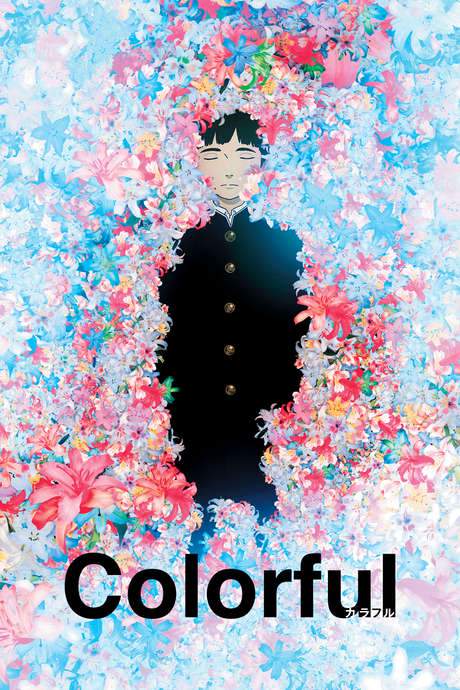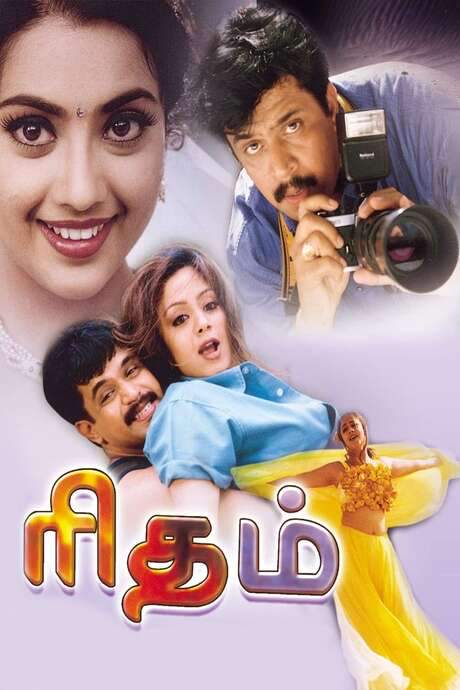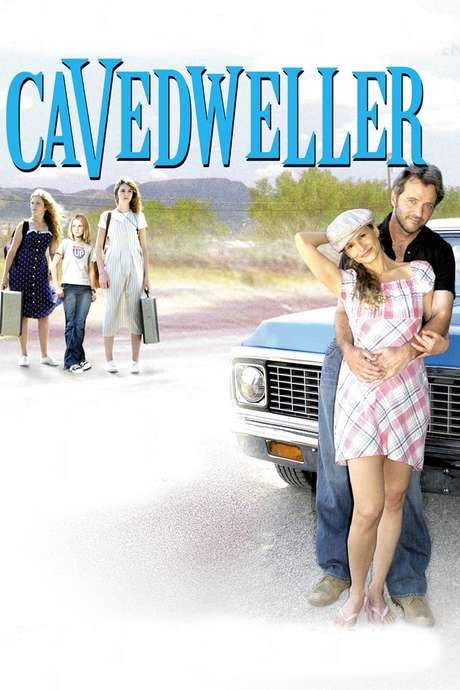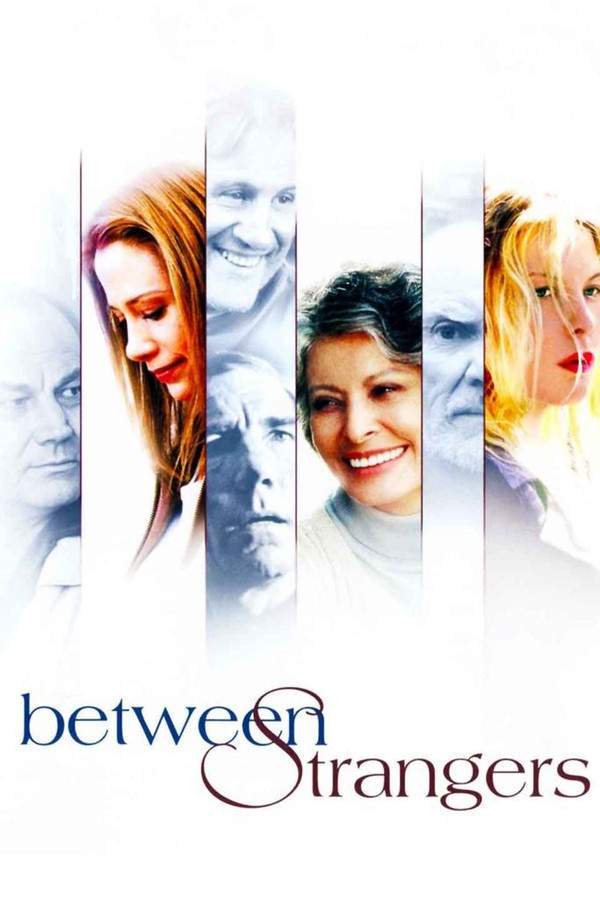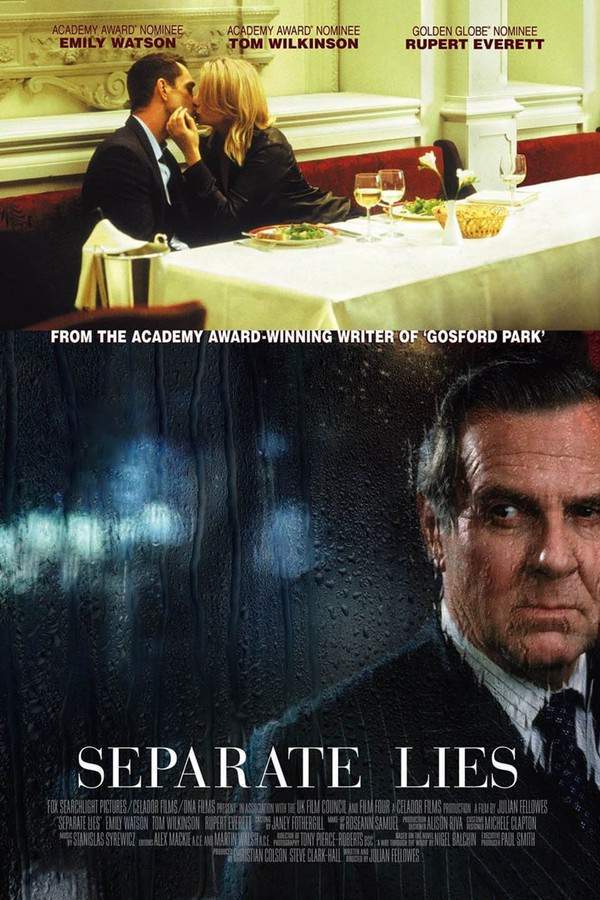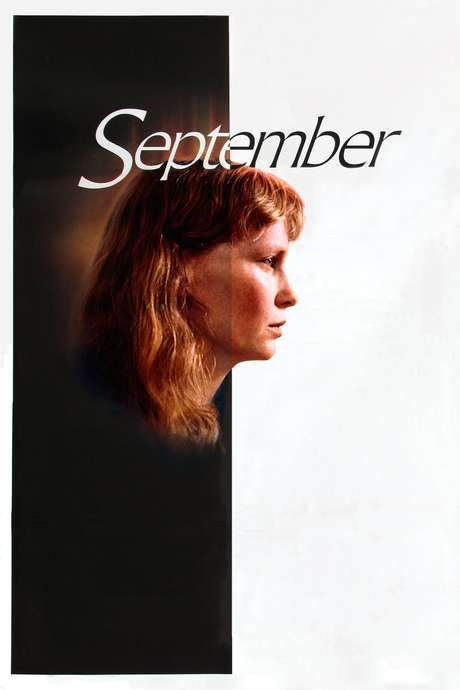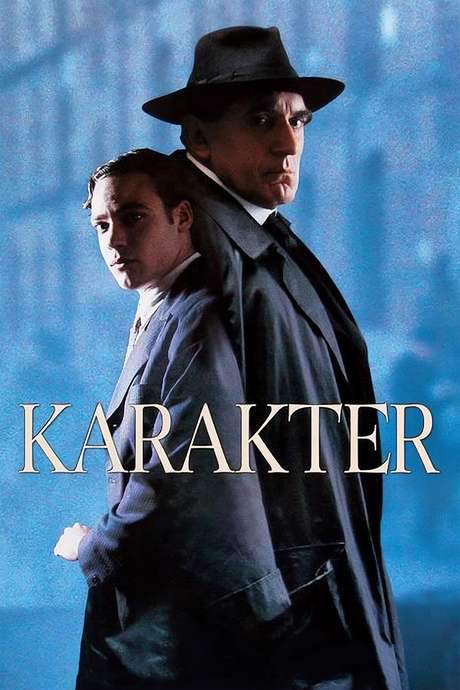
Eddelu Manjunatha
Year: 2009
Runtime: 120 mins
Language: Kannada
Manjunatha is a lethargic man who avoids any effort to earn a living. He marries a diligent woman employed at a garment factory, whose hard‑working nature contrasts sharply with his indolence. Inspired by her, he resolves to re‑evaluate his attitude and turn his life around.
Warning: spoilers below!
Haven’t seen Eddelu Manjunatha yet? This summary contains major spoilers. Bookmark the page, watch the movie, and come back for the full breakdown. If you're ready, scroll on and relive the story!
Eddelu Manjunatha (2009) – Full Plot Summary & Ending Explained
Read the complete plot breakdown of Eddelu Manjunatha (2009), including all key story events, major twists, and the ending explained in detail. Discover what really happened—and what it all means.
This film centers on Jaggesh as Manja, a lazy, jobless middle-aged man who treats life as an ongoing drift rather than a practical pursuit of success. His world is built on a quiet ethic of nonchalance, where work feels optional and money arrives through chance rather than plan. Over his years, his thinking hardens into a pragmatic belief that livelihood can come from unconventional paths, not from the linear routes society expects. In this world, he coexists with Tabla Nani as Naani, a visually impaired dreamer who refuses to let a disability define his ambitions and who is determined to become a film director. Naani’s optimism stands in stark contrast to Manja’s inertia, yet the two men manage to connect in a way that reveals how different life stories can illuminate one another.
The heart of the film is a long, intimate conversation in a captive lodge room where Manja and Naani exchange ideologies, memories, and hard-won lessons. Through their dialogue, the movie blends Jaggesh’s signature satirical humor with metaphorical insights, painting a landscape where cynicism and hope push and pull at each other. The characters’ exchanges probe what it means to live with purpose, responsibility, and the fear of a wasted life, all while the banter keeps the tone both biting and humane. As the discussion unfolds, the two men reveal the complexity of their personalities: Manja—unmotivated, carefree, and often reckless—versus Naani—optimistic, diligent, and relentlessly pursuing a meaningful goal. Yet despite their stark contrasts, they form a peculiar companionship that drives the narrative forward.
A crucial counterpoint in the story is Gowri, Manja’s wife, portrayed by Yagna Shetty. Gowri is a devout, hopeful woman who longs for a healthier family life and for the moment when her husband might change. She bears the brunt of Manja’s casual habits—his drinking, the unpredictable circle of friends, sporadic petty schemes, and a pattern of disappointing jobs—that strain the marriage and threaten their future. Gowri’s steadfastness and moral stance anchor the drama, even as she struggles to keep faith that a more responsible life might still come for Manja.
The narrative then shifts back to the home, where an ensuing clash with the local inspector—Guruprasad—further tightens the grip of reality on Manja’s world. The inspector’s presence compounds Gowri’s efforts to curb Manja’s unruly tendencies, framing the conflict not just as a personal failing but as a social challenge that tests family loyalties and boundaries.
Amid this domestic turbulence, Naani outlines the plot of a potential film within the film: a story inspired by Dr. Rajkumar’s pledged eyes, a concept that conjures a world where sight and fate can be reimagined. The idea excites Manja, who recognizes the appeal such a project would have with fans of the legendary actor, often known as Annavru. In a gesture meant to nurture Naani’s dream, Manja offers a lucky charm from his mother—a 50-rupee note—believing it might spark success for the aspiring filmmaker. He also discovers a note Gowri left behind, revealing that she is pregnant, a revelation that changes the emotional temperature of the room and foreshadows a turning point for the couple.
The pregnancy triggers a painful chain of events. Gowri’s decision to carry the pregnancy under such strain weighs heavily on both partners, and tragedy soon follows as the unborn child’s life is threatened by the strains of their fractured life together. After Gowri’s painful ordeal, Naani steps away from the chaos, and Manja confronts a crisis of meaning. In a surreal moment, Lakshmi—the unborn child—appears and speaks to him, delivering a blunt verdict: Gowri did not kill her; Manja did. Lakshmi hints that he could celebrate life with his friends by drinking, but more importantly, she identifies a deeper truth: his own actions and failings are the cause of the life he will never have. This visitation becomes the catalyst for Manja’s most solemn realization: neither his parents, nor Gowri, nor any guru can truly guide him, but the unborn child—whom he will never meet—becomes his ultimate guru, teaching him the value of life and the need for change. Fueled by remorse, Manja resolves to rethink his life from the ground up, embracing responsibility and the possibility of genuine transformation.
Last Updated: October 05, 2025 at 11:59
Explore Movie Threads
Discover curated groups of movies connected by mood, themes, and story style. Browse collections built around emotion, atmosphere, and narrative focus to easily find films that match what you feel like watching right now.
Bittersweet Redemption Stories like Eddelu Manjunatha
Character-driven stories blending heavy emotions with hopeful humor on the path to change.If you liked Eddelu Manjunatha's blend of humor and heartache, explore more movies like it. This list features similar character-driven dramedies where personal failure meets a chance for redemption, all balancing a bittersweet tone with a hopeful ending.
Narrative Summary
These stories typically follow a protagonist stuck in a cycle of failure or laziness. A catalyst—often a personal tragedy or a relationship—forces them to confront their flaws. The narrative unfolds through introspection and dialogue, leading to a hard-won commitment to change, resulting in a bittersweet but ultimately hopeful resolution.
Why These Movies?
These films are grouped together because they share a specific emotional recipe: a heavy core theme is explored with a mix of humor and melancholy, the pacing is deliberate to allow for character depth, and the endings provide catharsis without erasing the pain of the journey.
Philosophical Conversation Films like Eddelu Manjunatha
Conversational stories where marriage and life choices are debated under everyday pressures.Fans of Eddelu Manjunatha's long, philosophical conversations will enjoy these similar movies. This collection highlights slow-burn dramas where the central conflict plays out through deep dialogue about life's big questions, set against a backdrop of marital or domestic strife.
Narrative Summary
The narrative pattern revolves around a central relationship strained by differing worldviews or a tragic event. The primary conflict is explored through extended, thoughtful conversations that reveal character motivations and themes. The slow pacing allows the weight of ideas and emotions to build, leading to a transformative moment for the characters.
Why These Movies?
These films are connected by their reliance on dialogue as the main engine of the plot, their focus on the philosophical underpinnings of everyday life, and their slow, deliberate pacing that creates an introspective and deeply human mood.
Unlock the Full Story of Eddelu Manjunatha
Don't stop at just watching — explore Eddelu Manjunatha in full detail. From the complete plot summary and scene-by-scene timeline to character breakdowns, thematic analysis, and a deep dive into the ending — every page helps you truly understand what Eddelu Manjunatha is all about. Plus, discover what's next after the movie.
Eddelu Manjunatha Timeline
Track the full timeline of Eddelu Manjunatha with every major event arranged chronologically. Perfect for decoding non-linear storytelling, flashbacks, or parallel narratives with a clear scene-by-scene breakdown.

Characters, Settings & Themes in Eddelu Manjunatha
Discover the characters, locations, and core themes that shape Eddelu Manjunatha. Get insights into symbolic elements, setting significance, and deeper narrative meaning — ideal for thematic analysis and movie breakdowns.

Eddelu Manjunatha Spoiler-Free Summary
Get a quick, spoiler-free overview of Eddelu Manjunatha that covers the main plot points and key details without revealing any major twists or spoilers. Perfect for those who want to know what to expect before diving in.

More About Eddelu Manjunatha
Visit What's After the Movie to explore more about Eddelu Manjunatha: box office results, cast and crew info, production details, post-credit scenes, and external links — all in one place for movie fans and researchers.



